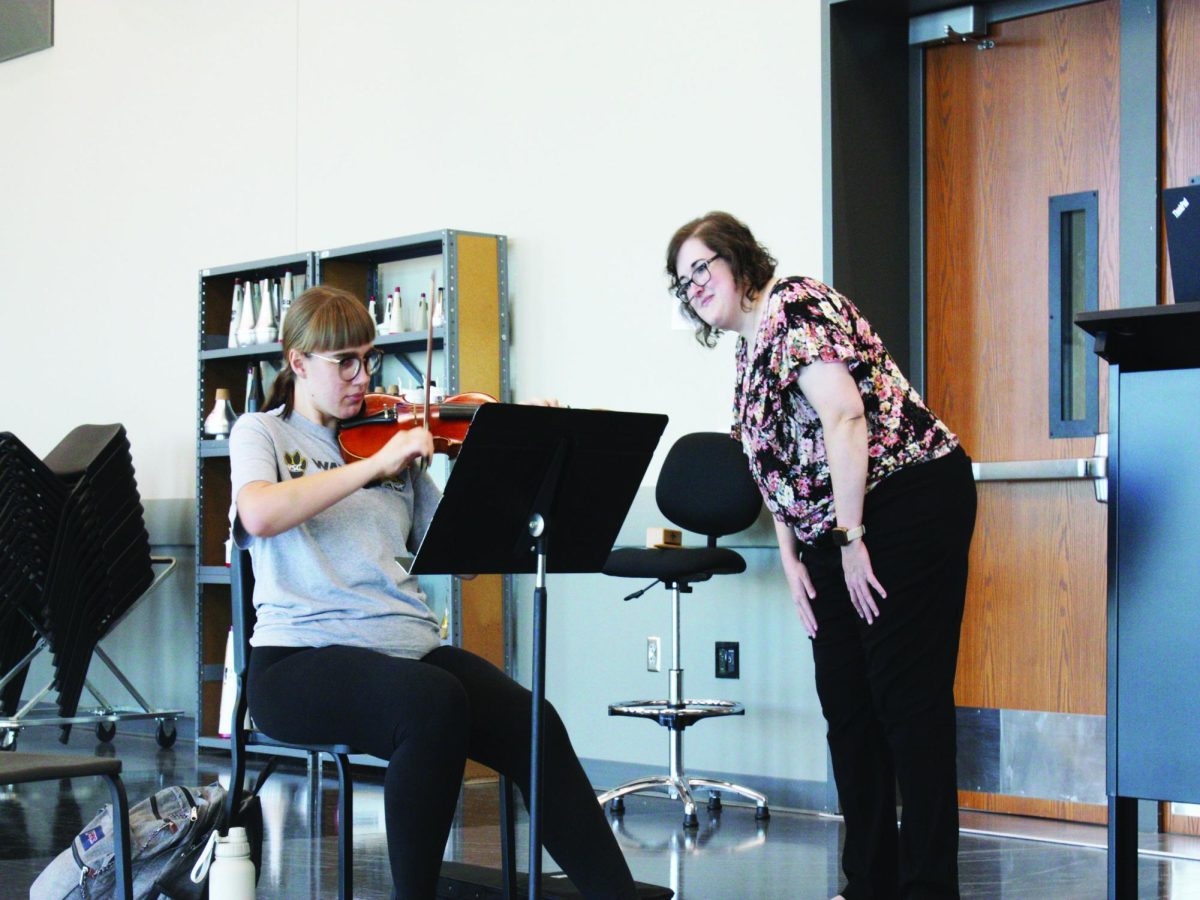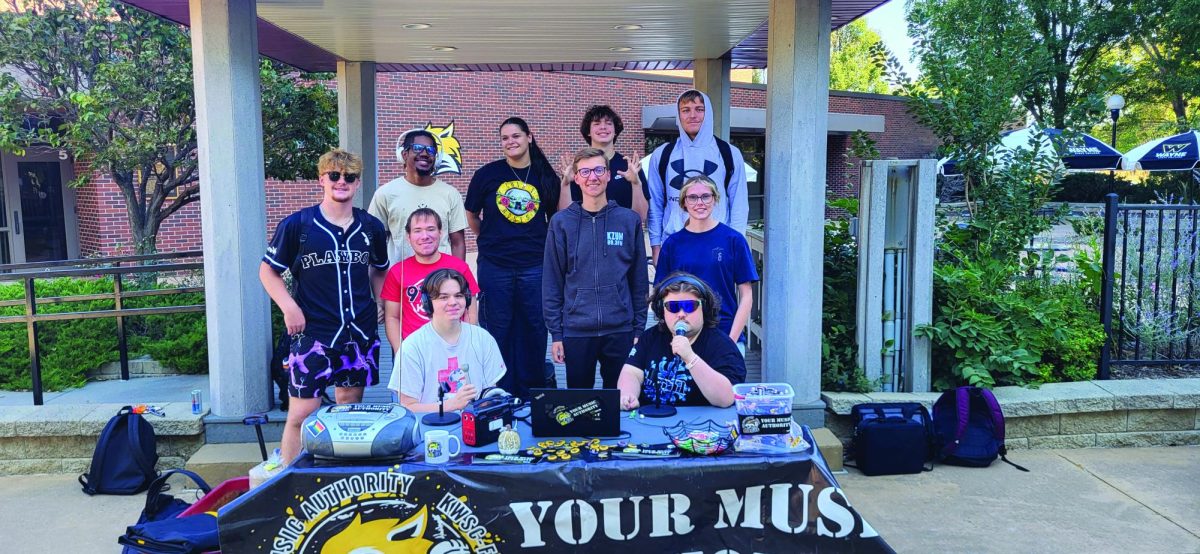One thing the United States truly loves is poor people. Different companies and even government agencies will do just about anything to keep financially unstable individuals from having savings.
I must admit, this article idea was forged from the pure hellfire sparked in me after seeing Casey’s now requires customers to pay to air up their tires. After learning of this money-grabbing scheme, I decided to dissect how our country does its best to keep the broke from being, well, anything other than broke.
Of all the policies meant to help U.S. citizens, the Supplemental Security Income program is receiving the most attention right now. To be eligible for this initiative designed to assist low-income elderly and disabled people, an individual must have no more than $2,000. This cap has been disputed lately, and qualifiers are fighting for a higher savings limit.
The Center on Budget and Policy Priorities released an article summarizing the impracticality of this savings cap.
“Because the value of the limit is not indexed to inflation, and hasn’t been updated in decades, its value erodes each year due to inflation,” the article said. “It is now only one-fifth of its 1972 value.”
The SSI program inconvenience points out an issue disabled U.S. citizens have been facing. The Brookings Institute reported rates of pain, sadness and anger are much higher in low-income neighborhoods.
According to a Brookings article, “those with incomes below the poverty line were twice as likely to report chronic pain and mental distress as those earning $75,000 or more, and three to five times more likely to have extreme pain or extreme distress.”
Stress stemming from a lack of financial stability has been associated with lower birth weights, and the cost of basic goods like water and electricity produce insecurity, stress, lack of opportunity and discrimination.
While the SSI savings limit is an obvious burden for low-income individuals, some unnecessary restrictions are more likely to trip people up. Junk fees, or charges like overdraft or convenience fees, make money retention tricky.
According to a White House press statement released in March, “consumers are paying billions of dollars a year in unnecessary, unavoidable, or surprise charges that inflate prices while adding little to no value. These junk fees, which are often not disclosed upfront and only revealed after a consumer has decided to buy something, obscure true prices and dilute the forces of market competition that are the bedrock of the U.S economy.”
The White House statement announced methods to reduce junk fees such as the Consumer Financial Protection Bureau’s prohibiting unfair, deceptive or abusive practices. One example of these unfair practices is phone calls to people in jail. The CFPB found a 15-minute phone call from a jail cost $5.74 in 2018, and the average price in some states was as high as $24.82.
Like Casey’s charging for air, companies tend to find ways of draining bank accounts without attracting too much attention. As a college student who relies on government programs and our school for financial assistance, money grabbing schemes make me feel like a piggy bank this country viciously violates.
Most people asked will say they are experiencing some level of financial stress, but the U.S. is economically stable at the moment. New policies must be implemented, or our society will not be monetarily confident enough to support our economy throughout the future.








